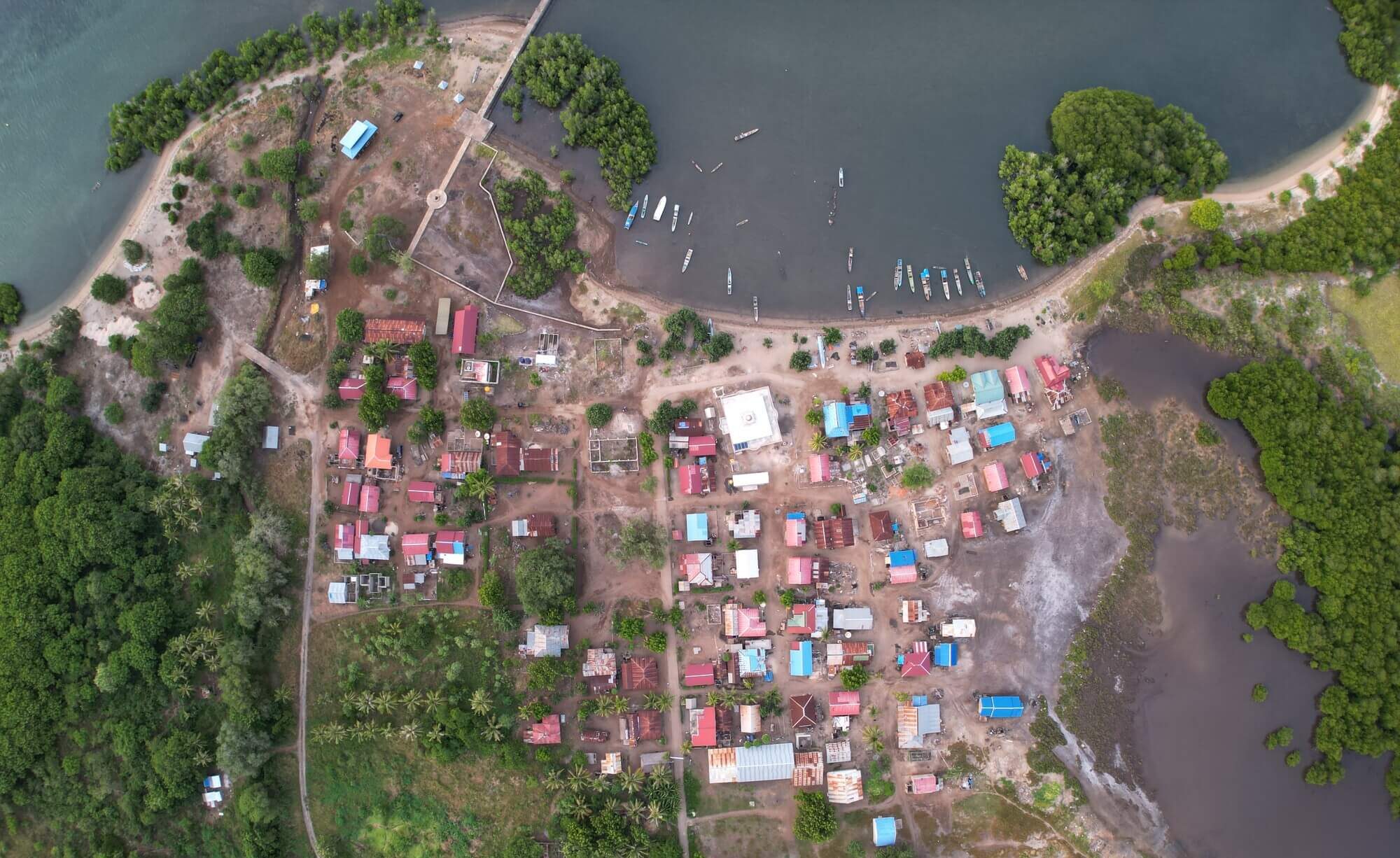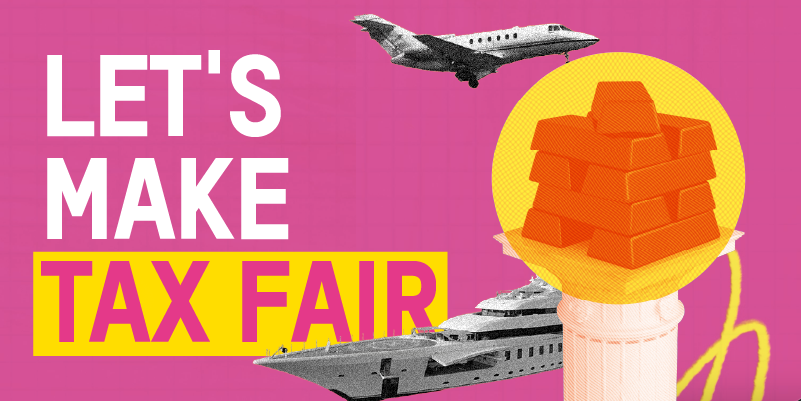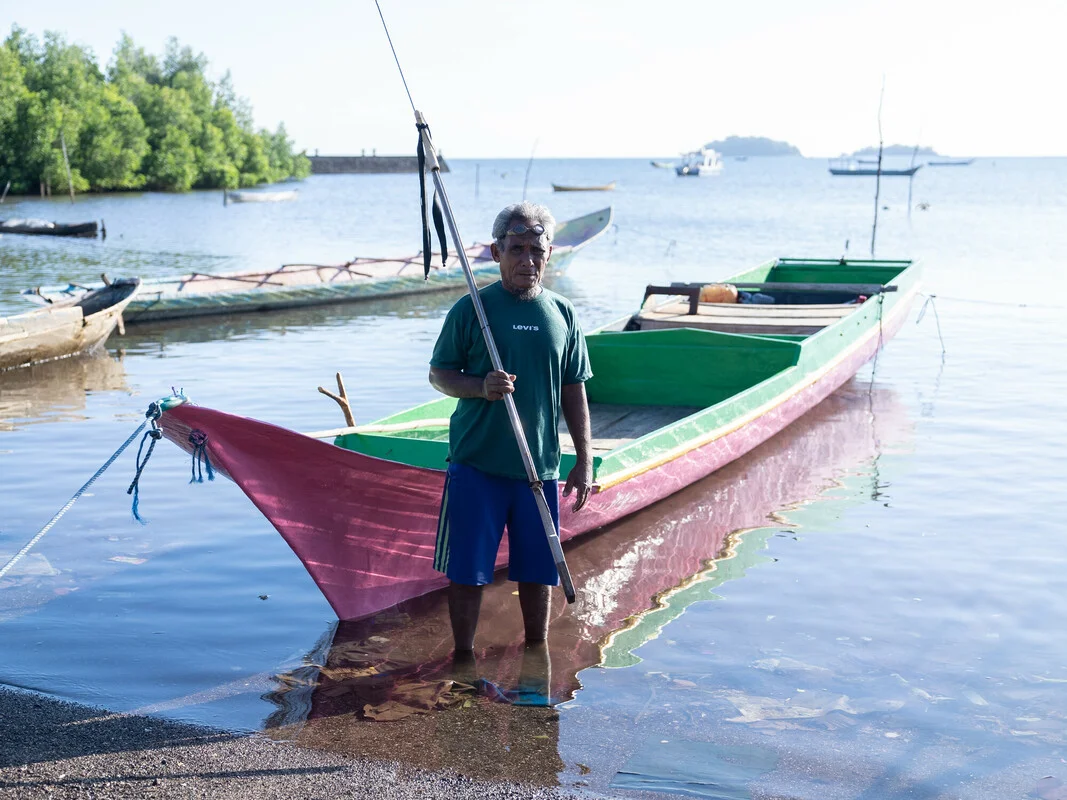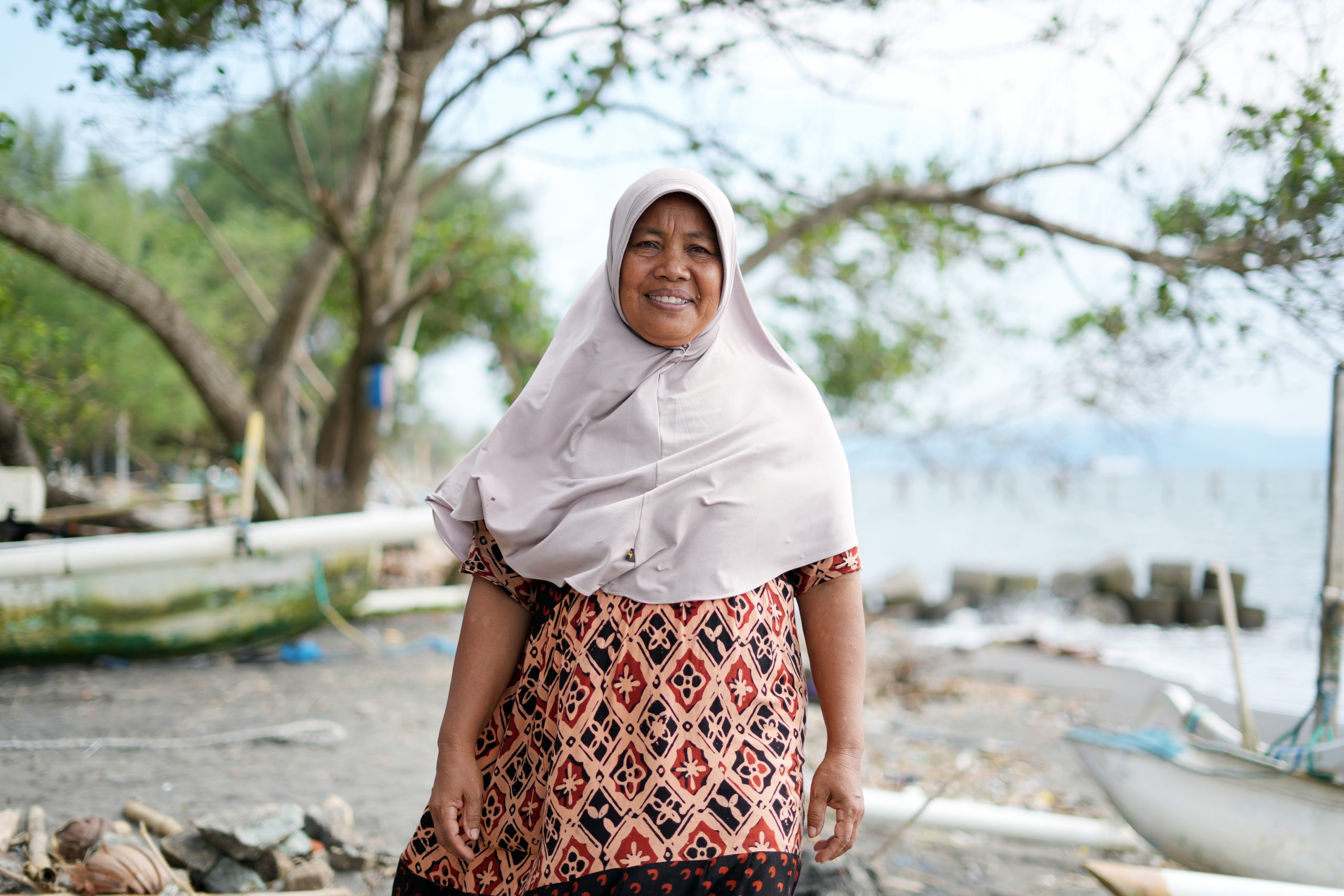Loss and damage (L&D) is the term used for climate impacts which cannot be or have not been mitigated or adapted to. The “loss” refers to things that are irreversibly lost such as lives, a way of living or historical sites, while the “damage” refers to things that can be repaired or recovered such as roads, buildings or crop yields.
Loss and damage was left out of climate negotiations for decades. But thanks to supporters like you and the countries most impacted by climate change – particularly in the Pacific – it’s now seen as a pressing issue.
How is this different from other areas of climate action?
Mitigation, adaptation and dealing with loss and damage are the three pillars of climate action. Mitigation refers to reducing emissions and climate change in the first place, and adaptation refers to building resilience to the impacts of climate change before they happen. Loss and damage is what happens when mitigation and adaptation has not occurred or has failed.
Imagine you are a farmer. Temperature is rising due to climate change, so mitigation has been inadequate. Drought is destroying crops, and you have not been supported to adapt with drought-resistant seeds, so none of your crops survive. This is loss and damage.
Who is most at risk, and why?
We are all affected by climate change, but not equally. People living in poverty are hit hardest by the impacts of climate change. They are more likely to live in areas more prone to flooding or heat stress. They often live in temporary or poor-quality housing, and crucially, they tend not to have savings or access to social protection schemes to help them cope with an emergency.
The Asia Pacific region is heavily impacted by climate change, which Oxfam’s latest appeal focuses on.
How is the international community addressing loss and damage?
In 2023, at the UN climate conference in Dubai, there was a historic agreement to move forward and set up a loss and damage fund. Before this, there was no international system in place to get money to those recovering and rebuilding from loss and damage. Once the fund is set up, rich countries like Australia need to urgently fill it.
At the moment, Australia has not committed any money to the fund. After years of monster profits for fossil energy giants and extreme billionaire wealth, there are some very obvious places the government could be looking to find additional money.
Why is it so important we act now?
We are already long behind in the race to tackle loss and damage. With no system in place to address it at the global level, we have seen escalating floods, droughts and other disasters. With emissions from fossil fuels continuing to rise, we can expect loss and damage to increase. Mitigation, adaptation and addressing loss and damage are interconnected and equally important. The more we reduce emissions and adapt, the less loss and damage there will be. But for now, we need to ensure that people living in poverty are supported to recover and rebuild their lives.



